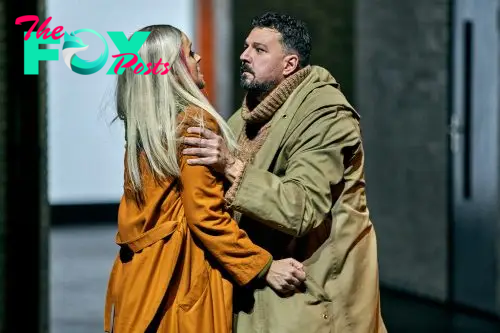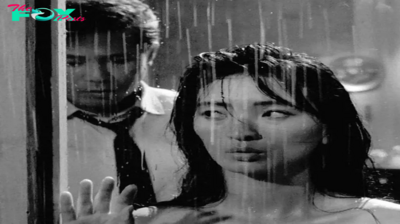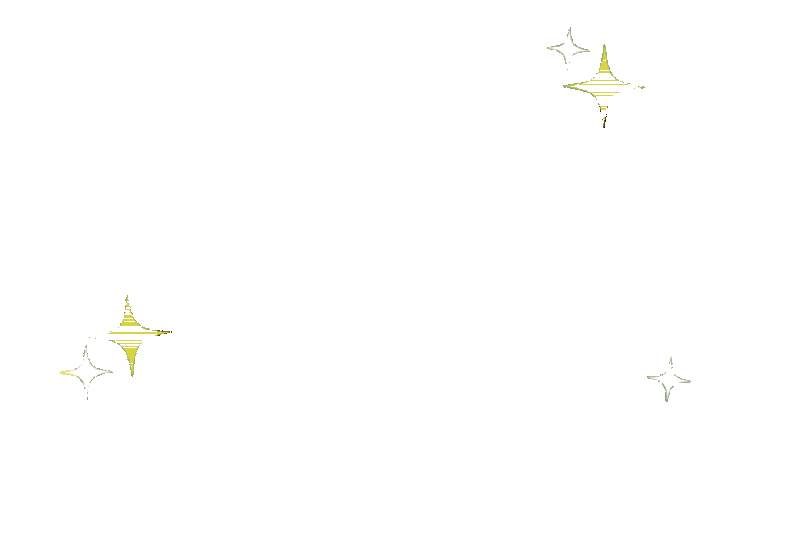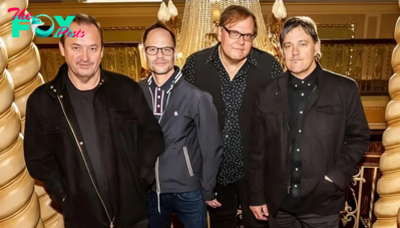Entertainment
High quality singing however problematic conducting as Der fliegende Holländer is revived at Bayreuth – Seen and Heard Worldwide

 Germany Bayreuth Pageant 2024 [2] – Wagner, Der fliegende Holländer: Soloists, Bayreuth Pageant Refrain and Orchestra / Oksana Lyniv (conductor). Festspielhaus, Bayreuth, 1.8.2024. (MB)
Germany Bayreuth Pageant 2024 [2] – Wagner, Der fliegende Holländer: Soloists, Bayreuth Pageant Refrain and Orchestra / Oksana Lyniv (conductor). Festspielhaus, Bayreuth, 1.8.2024. (MB)

Manufacturing:
Director, Set designs – Dmitri Tcherniakov
Costumes – Elena Zaytseva
Lighting – Gleb Filshtinsky
Dramaturgy – Tatiana Werestchagina
Refrain director – Eberhard Friedrich
Forged:
Daland – Georg Zeppenfeld
Senta – Elisabeth Teige
Erik – Eric Cutler
Mary – Nadine Weissmann
Steersman – Matthew Newlin
The Dutchman – Michael Volle
The Dutchman units sail each seven years, although extra usually on the Bayreuth Pageant. Like all of Wagner‚Äôs operas and dramas staged there, The Flying Dutchman will run for a number of years, then take a couple of years off previous to a brand new staging. I first noticed Dmitri Tcherniakov‚Äôs manufacturing final 12 months (assessment right here) and welcomed it with enthusiasm: a return to type for a director who had appeared in peril of falling right into a therapeutic rut. Regardless of a couple of, largely voiceless misgivings over Oksana Lyniv‚Äôs conducting, I put them to 1 facet, figuring out what a problem it may be to conduct within the lined pit and making an attempt to stay open to approaches that might not essentially be mine. This 12 months, Tcherniakov‚Äôs staging continued to impress, although I couldn’t assist however really feel a bit had been misplaced in tightness of presentation (or lack of Werkstatt growth within the meantime). The most important downside, although, was Lyniv‚Äôs course of the rating, loudly acclaimed by the viewers, but which for me fell significantly quick, ensuing within the unusual, unwelcome achievement of creating Wagner‚Äôs rating sound incoherent, arbitrary, and for lengthy stretches ‚Äì which, sadly, appeared even longer ‚Äì merely uninteresting, largely glorious vocal performances however.
Again to Tcherniakov first, although. Right here ‚ÄòH‚Äô ‚Äì presumably ‚ÄòHoll√§nder‚Äô, somebody to whom even hardline Line of Obligation followers appear to not have given due consideration ‚Äì returns to his hometown, as common with Tcherniakov, brilliantly evoked scenically by his personal set designs. The horrific deeds he remembers from his childhood are performed out throughout the Overture, a small-town closing ranks towards his mom, maybe a prostitute or at the very least in receipt of monetary help from Daland, resulting in her loss of life by hanging from a window. That is one thing, understandably, of which he can by no means let go; traumatised, he’s clearly bent on vengeance towards Daland and household (which now contains Mary as his spouse), and extra broadly towards your complete neighborhood. Whether or not his emotions for Senta are ‚Äòactual‚Äô, no matter which may imply, or not, appears inappropriate. He clearly has his personal trajectory and she or he has hers, decided (as in so many stagings, as in Wagner) to flee a world of stifling conformity‚Äîand, in a way, does so.

But at what value? When the inevitable conflagration happens, maybe hinted at earlier by Mary‚Äôs putting of candles on the impeccably bourgeois dinner desk that proves solely a supply of distress and misunderstanding, the Dutchman, having shot others, is himself shot by Mary (as you’ll have gathered by now, a significantly prolonged half) to whom a now clearly traumatised Senta turns for consolation. The excess wealth our ever-venal Daland has achieved within the meantime has gone up actually in flames, leaving the ladies as soon as once more each to undergo the results and to try to choose up the items. Desires can readily flip into nightmares ‚Äî though somebody seated close to me appeared, unaccountably in addition to distractingly, to search out the entire thing a comedy, merrily chortling all through.
Michael Volle gave one other effective efficiency because the Dutchman. Each phrase counted, at the very least as a lot as, arguably nonetheless extra so than, each word. Although this was undoubtedly an opera efficiency, it drew on his deep expertise of lieder and different live performance singing. Furthermore, he dealt extraordinarily effectively with what I assume was a critical harm, showing with a crutch, although wielding it so effectively in the middle of his portrayal that I initially thought it have to be a brand new function of the manufacturing. Solely when he retained it for curtain calls, was I fairly positive this was not the case (although I shall fortunately be corrected.)
Elisabeth Teige’s vocal energy, accuracy, and dramatic dedication have been second to none all through. Hers was a haunted, haunting portrayal that drew on a wide-ranging palette of vocal color while remaining completely centred all through. Nadine Weissmann as Mary as soon as once more impressed as a effective singing actor, while Georg Zeppenfeld confirmed for the nth time that he can apparently do no unsuitable in any function, together with one which requires unattractive traits of private weak point. This was largely the identical forged as in 2023, the exceptions being Eric Cutler’s Erik and Matthew Newlin’s Steersman. Cutler really made Erik into a personality of his personal; what a luxurious it was to listen to a heldentenor maintain his imploring personal on this function. Newlin likewise impressed vastly in his smaller function, clearly relishing the Festspielhaus acoustic and what he might accomplish, verbally and musically, inside it.
Lyniv‚Äôs conducting had its moments. It retained a way of urgency to start with, from final 12 months, although all too usually that dissipated right into a surprisingly meandering tour by the music. An inclination, already pronounced in 2023, to overemphasise the number-opera facets to the rating, as if ashamed of the seeds of one thing extra ‚Äòprogressive‚Äô, had now grow to be an obvious dedication to make it sound as if it have been little greater than Das Liebesverbot. Sure, after all one can hear diverse roots within the rating; after all, highlighting them now and again may be revealing. Maybe unsurprisingly, Erik benefited most from such emphasis, although it’s value recalling that the opera doesn’t fall so neatly into ‚Äòbackward-looking‚Äô Erik and Daland, and ‚Äòforward-looking‚Äô Dutchman and Senta. Certainly, the best way during which Cutler introduced that to the fore by gesture in addition to voice was not the least of his achievements.
But so heterogeneous an method required some sense of course, whereas what we heard, particularly within the second act, promised much less redemption than interminable day-to-day tedium. I can solely want I believed that to have been proof of a musicodramaturgical viewpoint. The third act fared higher, not least since issues with the refrain, or moderately with coordination between it and the orchestra, which Lyniv failed for too lengthy to deal with, had now been totally resolved. Even right here, although, an obvious dedication to rob the orchestra of its depth and, extra significantly nonetheless, Wagner of harmonic which means instructed extra an abdication of musical dramaturgy than an alternate. I can solely assume the manufacturing’s use of Wagner’s post-Tristan ‘redemptive’ revisions to the rating was supposed to evoke irony; to an extent it did, extra on the shut than within the revised Overture. But it made little sense given such an method to the rating, aside from to recommend it was a little bit of a multitude.
My sentiments, nevertheless, appeared to put me in a minority; I don’t assume I’ve heard a extra enthusiastic response to any efficiency at Bayreuth.
Mark Berry
-

 Entertainment46m ago
Entertainment46m agoNatasha Rothwell on Her Memorable Firsts
-

 Entertainment6h ago
Entertainment6h agoFace Me and Other Korean Medical Crime Shows That are Must Watch
-

 Entertainment11h ago
Entertainment11h agoClassic Korean Movies Like Piagol to Add to Your Watch List
-

 Entertainment11h ago
Entertainment11h agoOver 60 Million People Tuned in to Watch Jake Paul¬Ývs. Mike Tyson
-

 Entertainment18h ago
Entertainment18h agoPopular Hudson Valley Italian Restaurant Addresses Closing Rumors
-

 Entertainment19h ago
Entertainment19h agoRHOBH’s Dorit Kemsley Addresses Viral Smoking Scene on Season 14 Premiere: ‘I Was Being Chased’
-

 Entertainment23h ago
Entertainment23h agoThe 10 Best Podcasts of 2024
-

 Entertainment1d ago
Entertainment1d ago‘RHOBH’ Star Dorit Kemsley Opens Up About Crumbling Marriage to PK: ‘Agreed to Separate’



























